Some people change your life with grand gestures. Uncle Sam changed mine with a newspaper. Long before I ever dreamt of writing professionally, he made sure we had a complimentary copy of Vanguard delivered to our gate each morning. I was just a curious child; he was already a titan of journalism. Yet in that small, daily act, he saw a spark — and fanned it. As Sam Amuka-Pemu recently turned 90, Adedayo Adejobi honours the founder of Vanguard Newspapers.
Each year, the 13th of June quietly arrives without fanfare for a man who, paradoxically, has spent much of his life in the public gaze. Samson Oruru Amuka-Pemu — Uncle Sam, as we affectionately call him — has never been one for birthdays or the trappings of attention.
As a rule, he instructed his Editors not to publish tributes on his birthday. But at 90, even his modesty has yielded to history. This is no ordinary milestone.
To the nation, Uncle Sam is the venerable founder of Vanguard Newspapers, a pioneer of Nigerian journalism, and a media titan whose pen has shaped public discourse for generations. But to me, he is more: a neighbour, a mentor, a father figure, and the quiet spark behind a lifelong love for the written word.
Growing up on Adejobi Crescent in Anthony Village, Lagos, our homes were divided by little more than a low wall — but separated by worlds of experience. Uncle Sam’s compound, often abuzz with the low hum of dignified conversation, seemed to exist on a different frequency. His guesthouse was a magnet for the great and the good, a centre of gravity for politicians, diplomats, thinkers, writers, and captains of industry. Yet, despite the stature of his visitors, it was his presence that loomed largest. He carried his influence not like a crown, but like a quietly worn cloak.
And then, there was Joe.
In a gesture both simple and profound, Uncle Sam instructed his chef, Joe and assistant Peter to ensure that we received complimentary copies of Vanguard each morning. No elaborate ceremony, no lesson plan, no pep talk. Just ink and newsprint at the gate. But that daily gift became the genesis of a journalistic calling.
In those ink-smudged pages, I found more than current events — I found cadence, curiosity, and a chorus of voices that taught me the power of storytelling. That simple act—repeated without fail—was a quiet investment in a young mind. It was as if he was saying, “Here. Read. The world is yours if you understand it.”
For me, Uncle Sam wasn’t just giving away a paper; he was planting seeds of thought, purpose, and expression.
Uncle Sam’s own journey into journalism is itself worthy of front-page treatment.
After co-founding The Punch in 1973 with his friend and business partner, the late Olu Aboderin, he helped birth one of Nigeria’s most influential newspapers. The Punch quickly became known for its clarity, editorial boldness, and broad appeal. But as often happens in the life of institutions, storms came — both political and personal.
In 1984, he launched Vanguard — at the height of military rule, when press freedom was not just discouraged but often endangered.
Yet, Vanguard did more than survive — it thrived. He insisted on excellence. He refused to compromise on facts. With Vanguard, Uncle Sam championed a new journalistic standard: bold in design, rigorous in fact, and independent in voice. He gave readers journalism that was accessible yet substantial, fearless yet balanced. He brought voices from the fringes into the mainstream and proved that good journalism could also be good business.
He helped train and mentor generations of journalists, many of whom have gone on to become editors, publishers, and thought leaders in their own right.
But for all the headlines he’s helped create, it is Uncle Sam’s character — beyond the front page — that defines him. Transparent, deeply principled, and unflinchingly honest, he is a man who holds fast to values that seem quaint in today’s fast-moving world.
He does not tolerate indiscipline. He does not abide flattery. And though he could afford extravagance, he lives with a simplicity that confounds expectations. A typical encounter with Uncle Sam is unlikely to involve boastfulness or name-dropping — rather, it is more likely to involve a wry joke, a classical music recommendation, or a probing question about current affairs.
For Uncle Sam, money has never been an identity — it is an instrument. One to uplift, enable, and empower. Those who know him well can attest to his generousity and quiet philanthropy. He has paid school fees, rescued businesses, funded surgeries — almost always anonymously.
His sense of style is sharp but understated; his taste is refined, but never ostentatious. It’s not uncommon to find him in crisp black, navy blue or white kaftans, leather slippers, and reading glasses perched thoughtfully on the bridge of his nose — an image more scholarly befitting of a publisher.
His life has always been rooted in relationships built on trust. Uncle Sam has never sought out powerful people — he has attracted them by virtue of integrity and intellect. Across decades, he has sustained meaningful ties with men and women of consequence, not because of convenience, but because of conviction.
In media, where alliances often shift with headlines, he has remained a fixed point, respected, even by those who disagree with his views. You will rarely hear him raise his voice in anger, but his silence can speak volumes. When he chooses to speak, it is with the precision of someone who knows both the weight of words and the responsibility of wielding them.
Even now, at 90, he remains a force. Though semi-retired, he continues to advise, guide, and shape the Vanguard newsroom. He is known to attend editorial meetings on Mondays, offer pointed questions to editors, and read every front page with the scrutiny of a young reporter.
He insists on standards, mentors the next generation, and remains an enduring symbol of what journalism should be — principled, curious, and necessary.
Beyond journalism, Uncle Sam has passions that may surprise those who only know his byline. Chief among them is his love for music. Not just a casual listener, he is an audiophile with a legendary vinyl collection. His eclectic taste ranges from highlife to Beethoven, Fela to Sinatra. He proudly calls himself “Africa’s Oldest Disc Jockey” — and it’s not a title given lightly.
Art, literature, and culture have always been part of his vocabulary. He believes that a society that cannot appreciate beauty or nuance will struggle to understand justice or truth.
Over the years, Uncle Sam has received numerous honours: national awards from presidents, lifetime achievement trophies from press guilds, tributes from peers, and recognition from across the African continent. Yet, those closest to him will tell you that his greatest pride lies not in accolades, but in people.
To him, legacy is not what you leave behind; it is who you raise up along the way.
When I recall those early mornings on Adejobi Crescent, receiving my daily Vanguard, I now see them for what they were: quiet masterclasses. Lessons not just in journalism, but in character. In consistency. In believing that what you give — no matter how small — can alter the trajectory of a life.
At 90, Uncle Sam remains a lighthouse — steady, unblinking, and essential. His life reminds us that journalism is not just about telling stories but about living a story worth telling. It reminds us that the greatest influence is often wielded by those who do not seek it and that integrity is the ultimate byline.
Happy birthday, Sir.
You have not just chronicled history; you have made it. And in doing so, you have inspired many of us to be purveyors of language — and carry on the story.



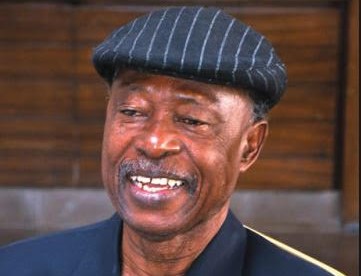
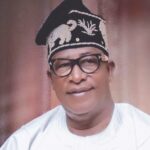
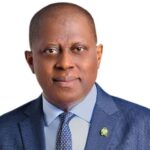
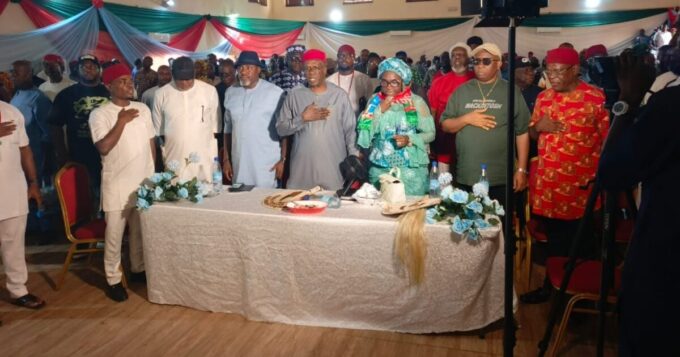

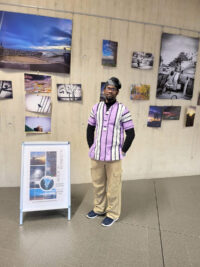
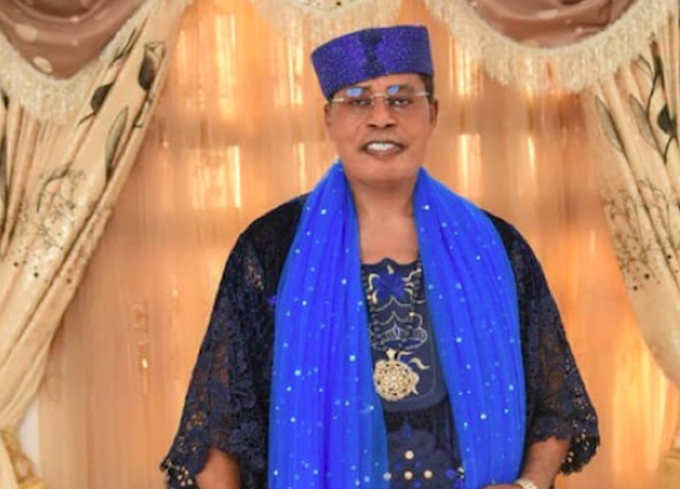
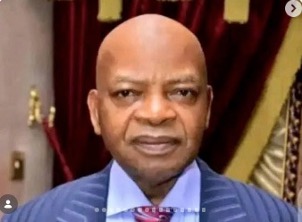
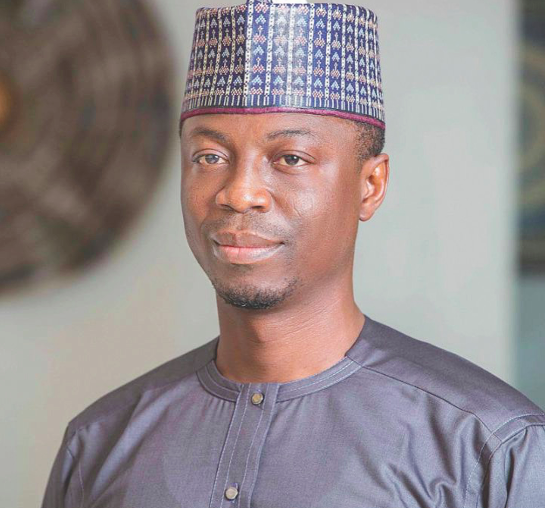
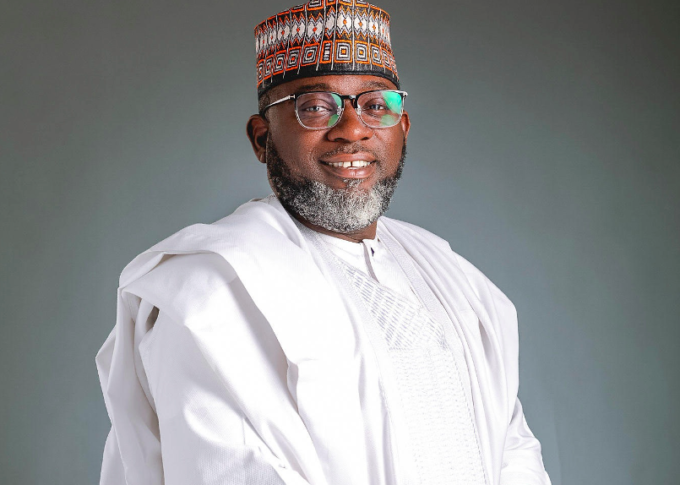





Leave a comment